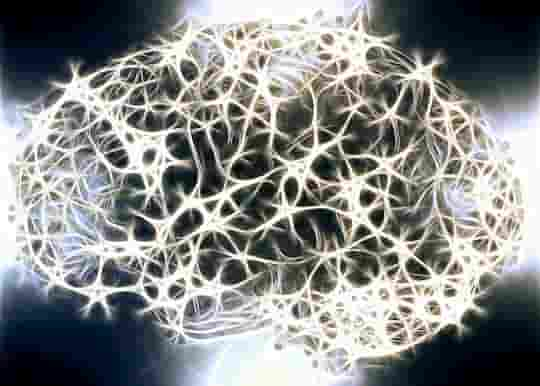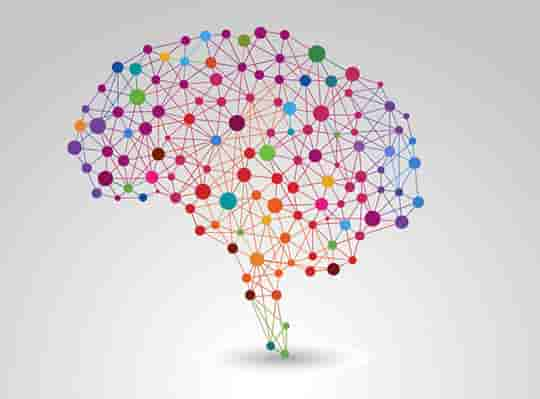Boosts in all types of memory come from these simple activities.
Boosts in all types of memory come from these simple activities.
1. Draw it
Drawing pictures of words helps build stronger and more reliable memories, research finds.
The quality of the drawings themselves does not matter, the study also found.
This suggests everyone can benefit from the technique, whatever their artistic talent.
2. Close your eyes
Closing your eyes really can help jog the memory, a study finds.
Eyewitness to a crime remembered twice as many details using this technique.
The results should be useful for helping eyewitnesses to crimes remember more details when questioned by police.
3. Imagine how it relates to you
Imagining how things relate to yourself helps to boost recall, psychological research finds.
The study tested people with and without memory problems and found it could help both.
The results showed that whether people had memory problems or not, self-imagining was the most effective strategy.
Compared with the baseline condition, the self-imagining strategy almost tripled what people could remember.
4. 40 seconds rehearsal
Rehearsing a memory for just 40 seconds could be the key to permanent recall, a study finds.
When rehearsing a memory, the same area of the brain is activated as when laying it down, psychologists found.
This brain region — the posterior cingulate — is also the part that is damaged in Alzheimer’s disease.
Brain scans revealed that the more the activity matched when watching and rehearsing, the more people could remember.
5. Run barefoot
Running barefoot improves memory more than running with shoes on, a study finds.
The benefits may come from the extra demands placed on the brain while barefoot running.
For example, you have to avoid stones and anything else that may damage your feet.
The type of memory tested in the study is called ‘working memory’.
The brain uses working memory to recall and process information.
6. Handwrite it
Writing by hand strengthens memory in comparison to writing on a real or virtual keyboard, research finds.
The motor feedback from the process of writing along with the sense of touching paper and pen helps people learn.
Areas of the brain vital to language are more strongly activated by the physical activity.
7. Lift weights
One single workout with weights can immediately enhance long-term memory by around 20%, according to a study.
While it’s now well-established that months of aerobic exercise can enhance memory, this is the first study examining the effects of a relatively short amount of resistance training.
The reason this works is that exercise puts us into a heightened state, after which, memories — especially emotional ones — are more likely to stick.
8, 9 & 10. Childhood activities
Climbing a tree can improve working memory by 50%, a study finds.
The same is true of other dynamic activities like balancing on a beam, carrying awkward weights and navigating around obstacles.
Dr Tracy Alloway, one of the study’s authors, said:
“Improving working memory can have a beneficial effect on so many areas in our life, and it’s exciting to see that proprioceptive activities can enhance it in such a short period of time.”
.









